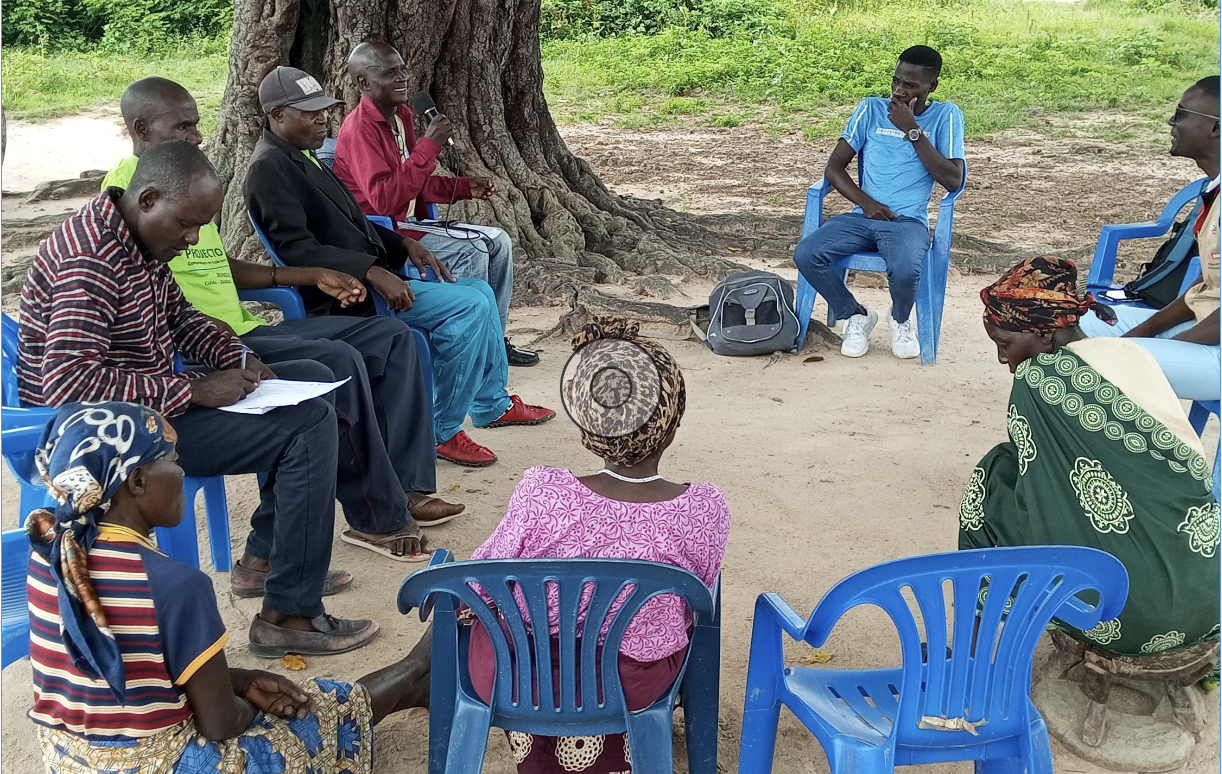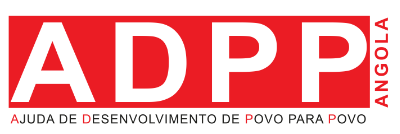
USAID’s Communities in Action for Peace and Inclusion (CAPI) project aims to enhance peacebuilding and conflict resolution skills among youth and adults in Benguela, allowing them to be more engaged citizens. The CAPI project works with high-risk populations to build trust, solidarity, and reconciliation through community engagement. Ajuda de Desenvolvimento de Povo para Povo (ADPP), an Angolan NGO, developed a peer-to-peer program for Benguela province that engages youth and children who are vulnerable and marginalized in their communities, many of whom suffered from political violence.
ADPP incorporates these young people into youth clubs where they are provided with peacebuilding and conflict resolution training, literacy skills, and assistance in obtaining birth registration and identification (ID) cards, which allow them to vote among other civic prerogatives. The CAPI project also engages with adults from diverse political backgrounds, to address shared interests which promote more peaceful and inclusive communities.
ACTIVITIES
● Provide literacy skills among marginalized youth and children;
● Establish Community Action Groups (CAG) to implement community-driven development micro projects;
● Train local leaders in conflict resolution, peacebuilding, and leadership;
● Engage communities of diverse political backgrounds in micro projects to help relieve economic and other hardships that help create conditions for instability in Benguela;
● Increase community-government dialogue to build and enhance relationships;
● Empower women as peacebuilders to act as conflict resolution leaders in the most unstable communities;
● Train youth in peacebuilding skills and conflict resolution.
ACCOMPLISHMENTS TO DATE
● 26,718 youth and children who improved their conflict resolution skills;
● 45 young clubs established to educate youth on conflict resolution
● 2,654 youth trained in entrepreneurship
● 6,247 youth obtained birth certificates and/or national ID cards;
● 39 communities impacted with income generating activities
● 27,488 children participate in school-based peace education;
● 5791 youth receive peace/conflict education training/information via Youth Clubs;
● 18,975 youth register to vote;
● Approximately 6,000 youth participate in accelerated learning;
● 84 Primary schools implementing Peace Education;
● 45 communities implementing actions to resolve land disputes, including recognition of women rights to land;
● 145 communities benefit from micro project broadcasts on peacebuilding and conflict resolution;
● 83 local leaders in the communities who participate in conflict resolution actions;
● 128 religious leaders trained on peacebuilding and conflict resolution skills;
● 293 local government officials trained on conflict management and gender-based violence;
● 5,108 community members trained in gender-based violence prevention;
● 43,000 people reached by a dedicated radio show broadcast on peacebuilding and conflict resolution.
● 1,171 community members actively involved in community and government dialogue forums.



